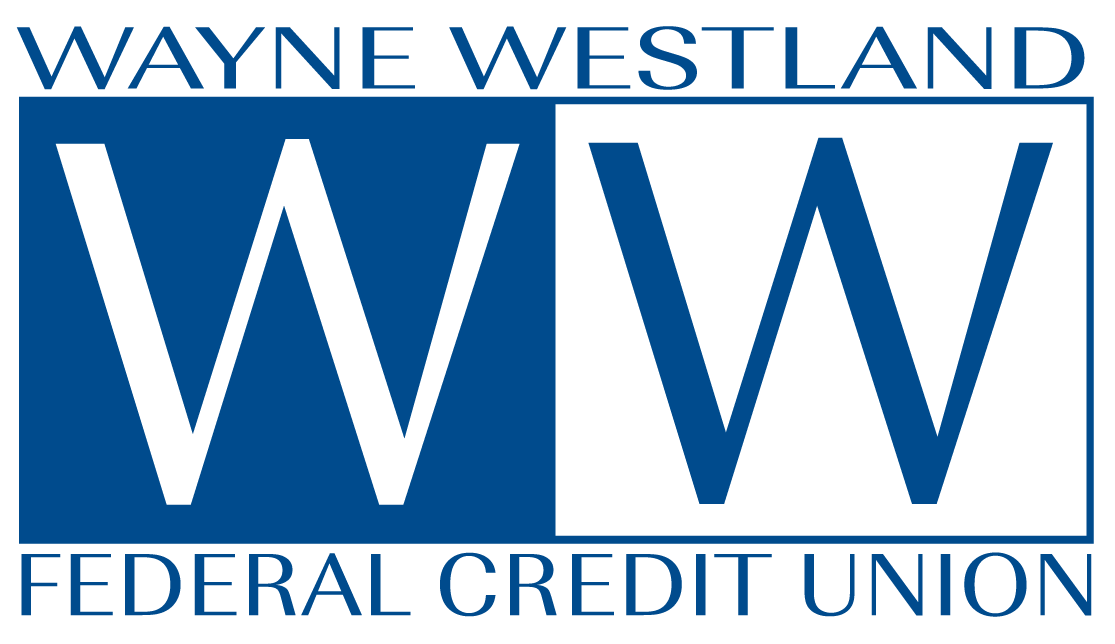Oftentimes, life insurance is one of those things we put off getting. If you have people relying or depending on you, chances are you should think about getting a policy.
Types of Insurance
If you decide to take the plunge, you’ll need to decide what type of life insurance policy you need. There are two main types of life insurance: term life and whole life.
Term Life Insurance
When you buy term life insurance, your policy will be for a set period of time from five to 30 years. You make payments on it until it expires. Term life insurance is usually the most affordable option and the premiums depend on your health and the amount of coverage you choose. If you’re young and healthy, this is definitely an inexpensive choice.
Whole Life Insurance
Whole life insurance is pretty much what it says, it covers you for your lifetime. The rate and premiums are usually locked in when you buy it, so you know what you’re paying. A major benefit of this type of insurance is that it gains value over the years so you could actually borrow against it or withdraw money from it if needed. The main downside to whole life insurance is that it can be expensive compared to term life.
Which Type of Insurance is Right for Me?
We thought we’d break down what life insurance policies are best for different types of people:
- Married, No Children
Just because you don’t have children, it doesn’t mean you shouldn’t get life insurance. The surviving spouse will probably need help paying off debt and funeral costs. Term life insurance is a great option. - Married with Children
This one is a bit of a no-brainer. If you have children and a spouse, you want to make sure expenses are covered if one parent passes away. If your children are older, you might want to make sure you have a solid inheritance in place. Again, term life could solve most of your problems. - Single Parent
Like above, if you have dependents, life insurance will cover important expenses when you die. It could also mean an inheritance if that’s in your plans. Also, if you make child support payments to your ex, a policy could help cover those payments. - Retiree
Hopefully if you’ve reached retirement age, you’ve been covered by a life insurance policy for years, if not decades. If you have whole life insurance, you could be using some of the funds to maintain the lifestyle you’ve worked so hard to achieve. - Small Business Owner
You should definitely have life insurance if you have both loved ones and business to protect. There are several ways to set up a policy to protect not only your business, but any business partners you may have. Speak to your financial advisor to determine what’s best for you, your family and your business.
Whichever life insurance policy you decide is right for you, you’re in luck! WWFCU has teamed with TruStage Insurance to get you discounted prices. Click here to learn more or call (734) 721-5700 and speak to a Member Service Specialist.


